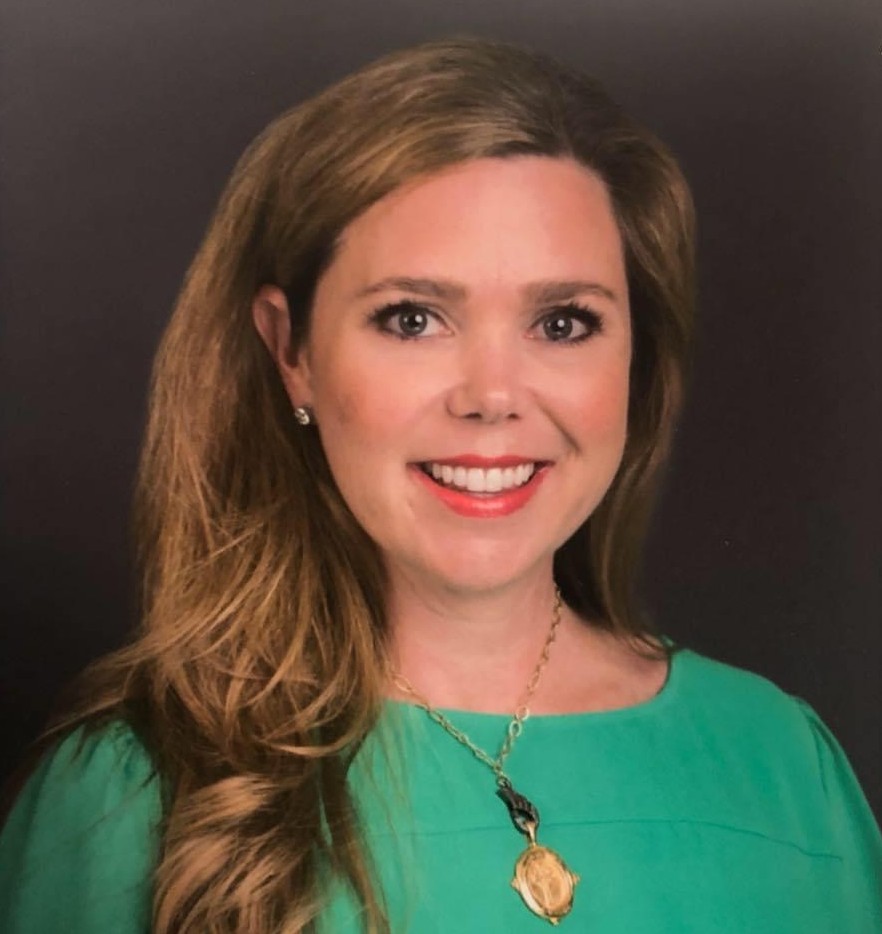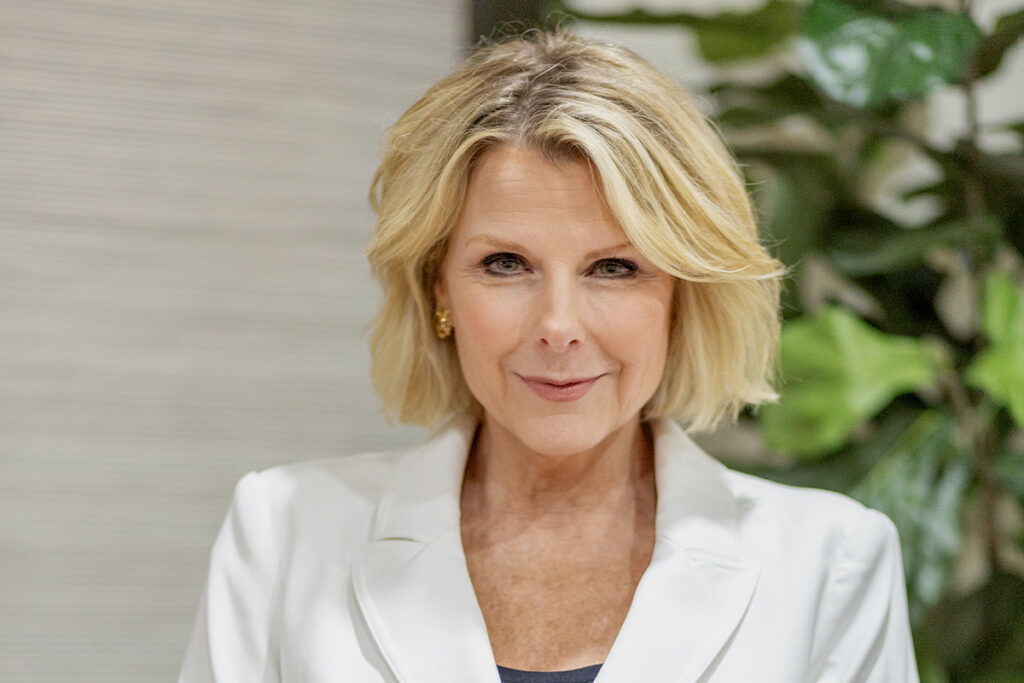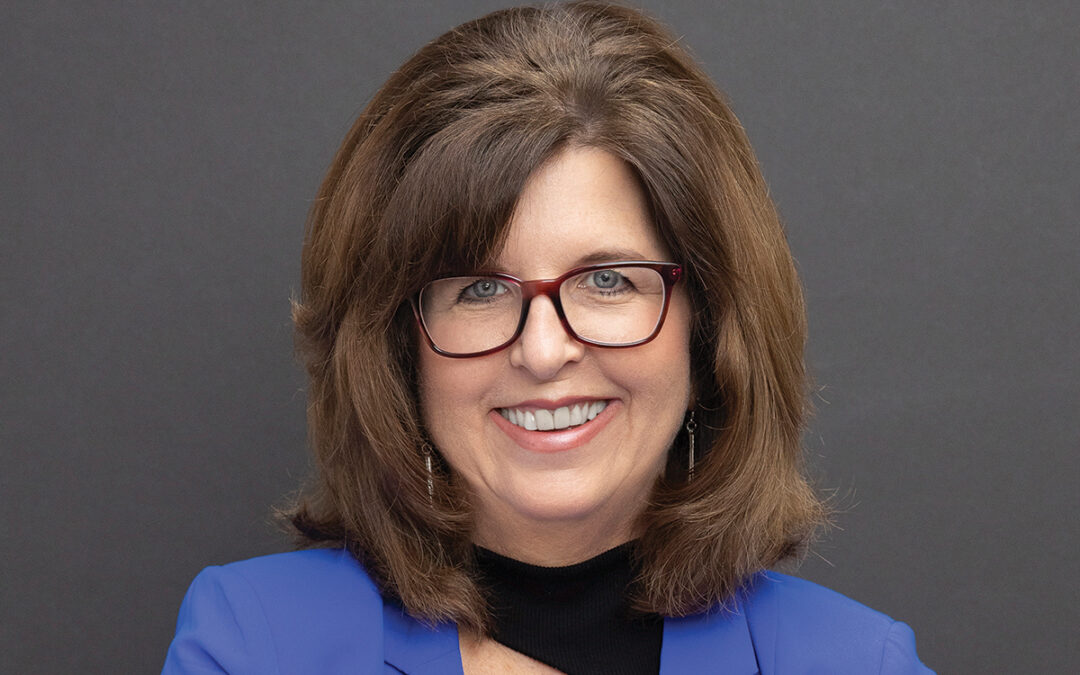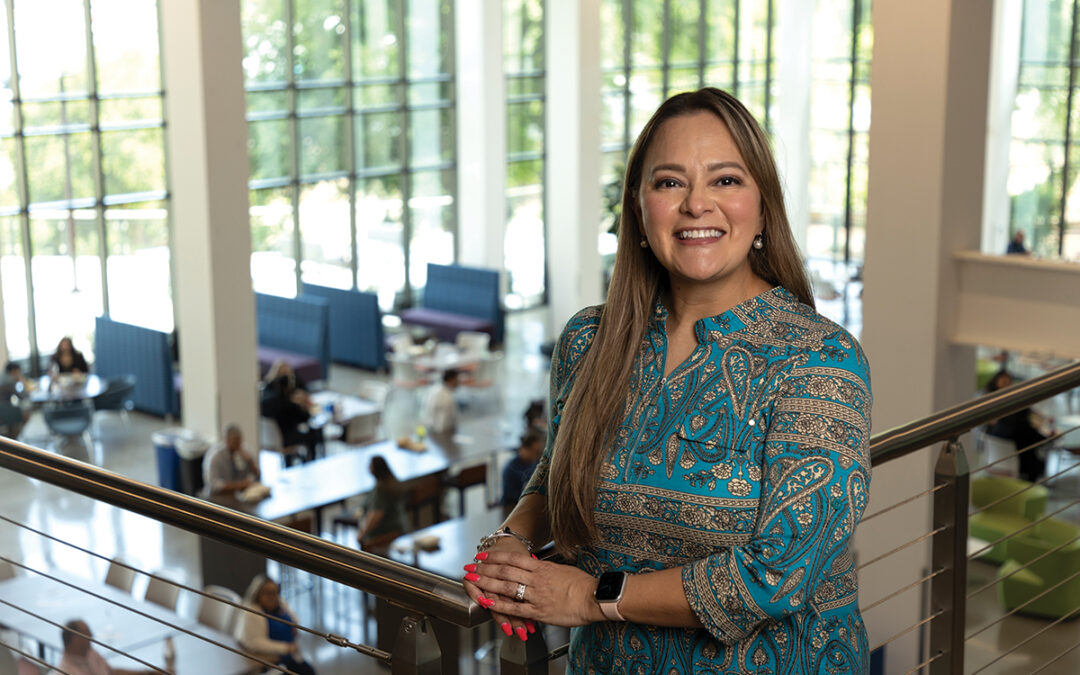By Amy Childs, PCC

What exactly do emotions have to do with business? PLENTY!
According to the Center for Creative Leadership, “75 percent of careers are derailed for reasons related to emotional competencies, including the inability to handle interpersonal problems; unsatisfactory team leadership during times of difficulty of conflict, or the inability to adapt to change or elicit trust.” This is a staggering statistic that must be changed for the better.
Emotional Intelligence or EQ (Emotional Quotient) is defined as the ability to understand and manage your own emotions, as well as recognize and influence the emotions of those around you. In leadership training, many programs start with personality types or strengths-based assessments. These are helpful for awareness purposes, but they are not developmental in nature, and therefore you cannot do much to change your personality. However, the behavioral qualities associated with EQ are dynamic, with high potential to derail or accelerate leadership growth.
The five core ideas of Emotional Intelligence are self-awareness, self-regulation, empathy, motivation, and social skills. Once these pillars of EQ are understood and evaluated, the next step forward entails determining how to improve these areas. This is where the value of relationships is crucial. The work simply cannot be done alone.
As an executive coach, I have the privilege of connecting with and facilitating peer advisory groups of high-performing leaders who are devoted to accountability, confidentiality, and transparency. For years, my CEO cohort has reaped the benefits of meeting monthly to honor their commitment. This group consists of various business owners from diverse backgrounds who are non-competitors in their respective fields. It is a safe, confidential place for them to come together each month and truly share their challenges. With a trained facilitator leading the group, the emotions are able to be processed, and a solution-focused outcome is always the goal.
Ask group members about their experiences, and you will discover countless testimonies of how their participation has led to a life-changing impact. Here are a few examples:

Kara Clayton, President and CEO at Express Contracting, writes, “Our group grows closer together with every meeting, more vulnerable and opening ourselves to constructive feedback, candor, and accountability. What we share together and how we call each other out make us strong and daring leaders for our respective companies. This group and my Chair’s guidance have become my lifeline in balancing my work and personal life.”

Krys Weyand, CEO for Santa Cruz Properties, expresses similar sentiments. She states, “Being a part of this group means so much to me. It is so nice to have a group of peers with which to talk the hard things out. Our group is notorious for asking really engaging questions that allow you to think through the consequences of your actions. I have grown immensely, both personally and professionally, since becoming a member of Vistage. I am so proud to call the people in my group colleagues and friends.”

Kathy Rudkin, CEO of Rudkin Productions Advertising Agency and Rudkin Printing, shares an additional perspective: “I have been in business for over 30 years and have been contacted many times to join a peer group. My excuse was always that I did not have time, and quite frankly, I thought it would be a waste of my time. I was contacted right at the beginning of Covid by a personal friend who happened to be a new Vistage Chair in San Antonio. Since he was a friend and I respected his opinion, I was more open to learning about Vistage. Although still super hesitant, I committed to trying it for three months. Looking back at this, I find my three-month trial humorous because Vistage has become such a huge part of my business life. I had no idea how much I needed a peer group.”
One can conclude that the decision to join a peer advisory group will yield countless fruits as it allows individuals to build relationships and emerge as stronger, more well-balanced professionals while, more importantly, improving their personal lives. This all sets the stage for high-functioning leaders to navigate the intricacies of Emotional Intelligence – which have PLENTY to do with business. No one goes it alone!
About the Author
Amy Childs is a 1994 graduate of the Air Force Academy with a Master’s Degree from Texas A&M University. She previously co-founded a physical therapy company, currently works with executives and leaders as a Professional Certified Coach (PCC) through the International Coaching Federation (ICF), and continues to serve as a Vistage Chair. She is a woman of faith who is passionate about her family, which includes five wonderful children and one beautiful grandchild. She is also an avid lover of flying and a football mom!









0 Comments